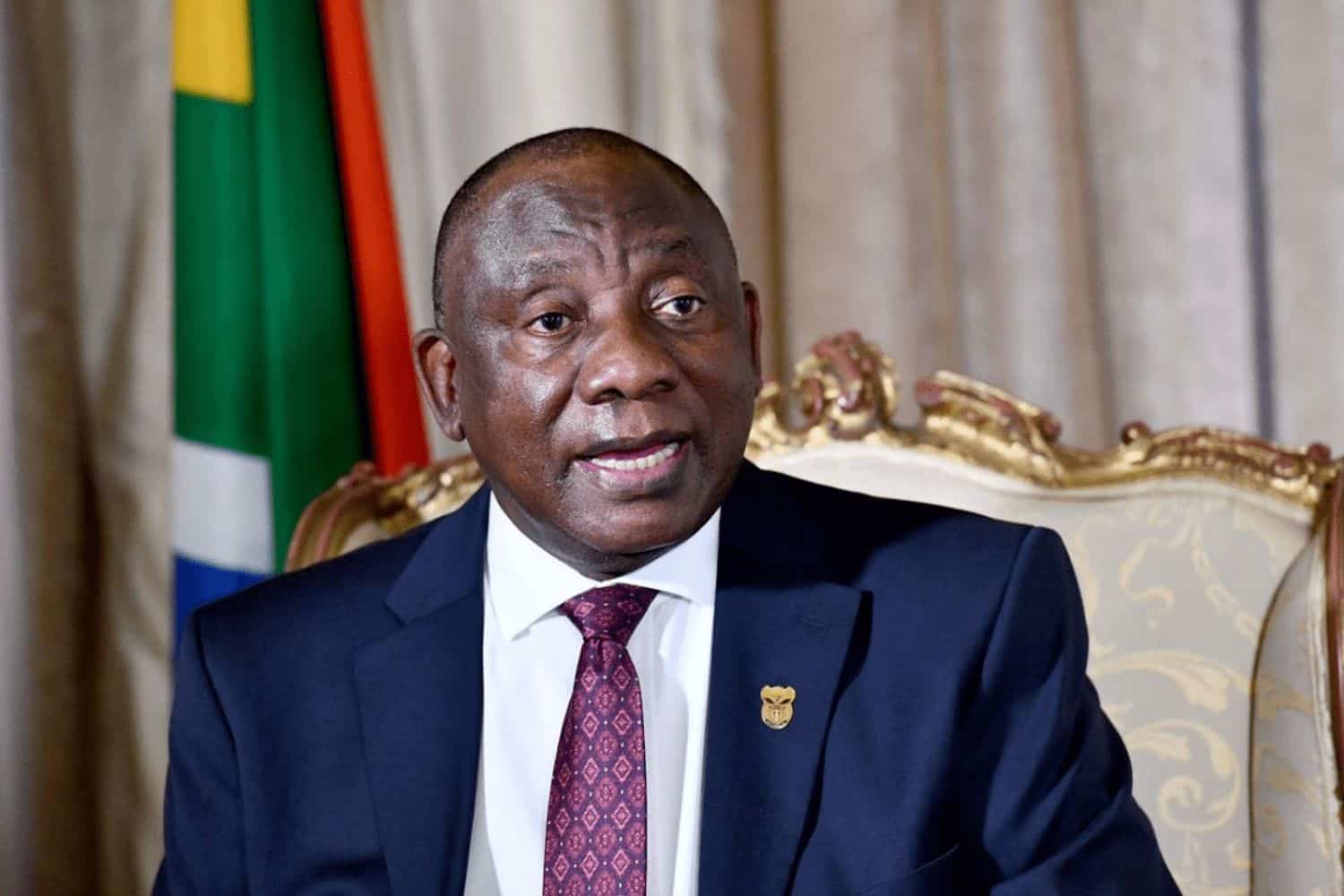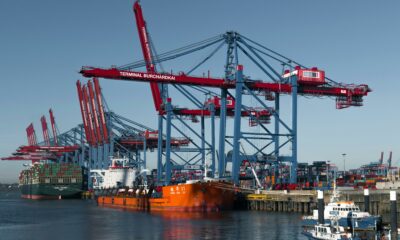News
South Africa’s Quiet Comeback: Signs of Economic Recovery Hidden Beneath Global Noise

Why the economy may be doing better than the numbers show
While the world fixates on headlines about US tariffs and global trade tension, a slow and steady recovery might be unfolding, almost unnoticed on South African soil.
At a glance, recent data suggests more gloom than growth. Standard Bank, one of the continent’s economic heavyweights, trimmed its 2025 growth forecast for South Africa from 1.8% to 1.1%. The International Monetary Fund has also revised its projection downward to just 1%. But if you ask Goolam Ballim, Standard Bank’s chief economist, those numbers don’t tell the full story.
Speaking at the Africa Unlocked 2025 conference in Cape Town, Ballim offered a more hopeful—and perhaps more accurate—narrative: “Maybe 1% growth is the low end of reality. The informal economy may be more dynamic than official data can capture.”
Tariffs and Tumult, But Not All Bad News
The downturn in South Africa’s official growth outlook isn’t because of domestic collapse, Ballim stressed, but rather global volatility, especially the ripple effects of fresh US tariff actions that have disrupted trade worldwide.
That’s crucial context: South Africa’s fundamentals might be improving even as external pressures weigh down forecasts.
Energy, Rail, and Port Reforms Start to Pay Off
Look past the stats, and there are clear signs of progress.
-
Energy Supply: The country’s baseload power capacity has improved, and solar adoption continues to grow steadily, offering some real hope that Eskom’s era of rolling blackouts may be nearing an end.
-
Logistics Rebound: Rail reforms and upgrades at Transnet are finally making a dent. The movement of goods across South Africa has surged by 67%, according to Standard Bank. Ships waiting offshore are spending less time idle, and ports like Durban are seeing much faster turnaround times.
This signals that long-overdue infrastructure improvements are finally starting to deliver real results.
Consumers Are Spending Again
On the ground, ordinary South Africans are also beginning to feel a shift. Thanks to a 100 basis point cut in interest rates since September and new retirement rules that allow early access to pension savings, households have gained much-needed breathing room.
Already, R60 billion has been accessed by consumers, and Ballim believes this could climb to R100 billion in the next two years—fueling everything from groceries to school fees to small business investments.
The Stock Market Thinks So Too
Another sign of underlying optimism? The local stock market.
South Africa’s price-to-earnings ratios remain elevated, indicating that investors still see real value in the country’s future. That’s not just sentiment, it’s a bet that reform momentum will hold.
The Informal Economy Factor
One often-overlooked strength is the sheer vibrancy of South Africa’s informal economy—from township traders to spaza shops and gig workers. These contributors often fall outside of official data but form a vital backbone of local resilience.
“We might be underestimating just how alive the informal sector really is,” Ballim said. And he’s probably right. If the formal economy grows 1%, the true figure could be far higher when the full picture is considered.
A Recovery You Can’t See in the Headlines
In a country used to political noise and policy stumbles, it’s easy to dismiss talk of recovery as premature. But this time, there may be something quietly different underway.
While the macroeconomic numbers remain modest, the improvements in logistics, power reliability, consumer liquidity, and investment confidence point to something more meaningful: a foundation being laid for stronger growth in the years ahead.
It may not grab the headlines like load shedding or corruption scandals, but South Africa’s comeback might already be happening, just not where the cameras are pointing.
{Source: BusinessTech}
Follow Joburg ETC on Facebook, Twitter , TikTok and Instagram
For more News in Johannesburg, visit joburgetc.com



























